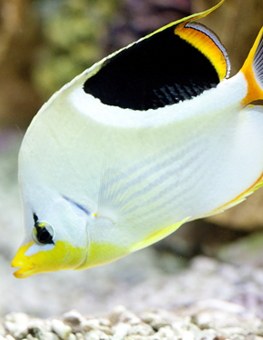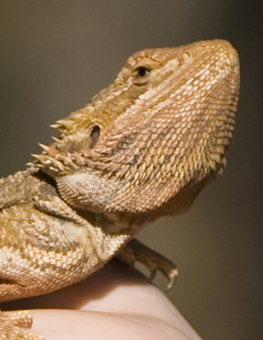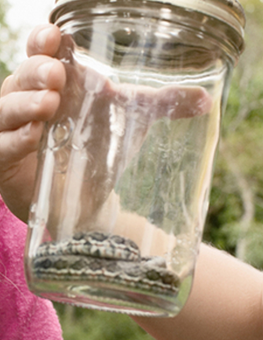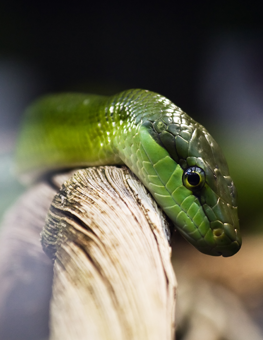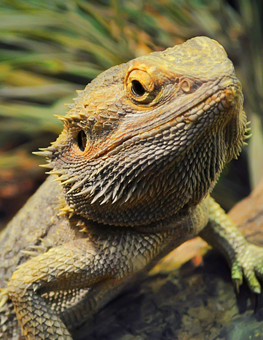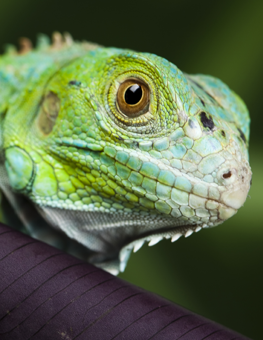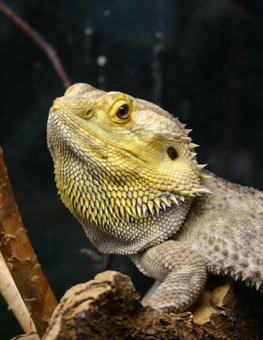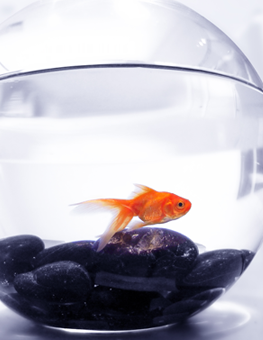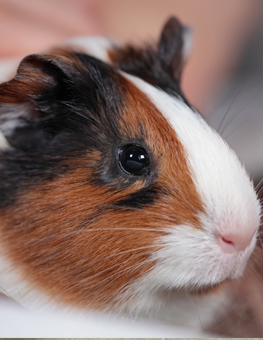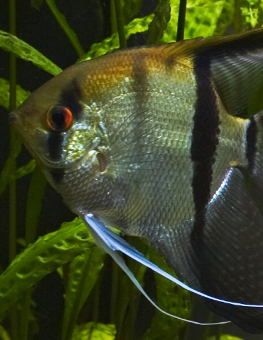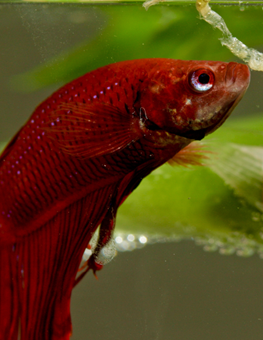Handling Your Pet Reptile
Reptiles are much different from other pets, and should be handled differently as well.
Since reptiles are more exotic then cats or dogs, many people are hesitant to handle them. Reptiles are thought of as wild and unpredictable, perhaps even dangerous. It is true that reptiles are less domesticated than other, more common, pets. Like most pets, though, reptiles can often be perfectly tame if handled correctly.
First Steps
- When you get a new reptile, don’t try to handle him right away. It could take your pet a few weeks to get accustomed to his new environment.
- Don’t spend too much time around him at first, as you are a strange, and possibly frightening, sight. As you feed him or clean his home, observe how he reacts to you. The less threatened he is, the better chance you will have of handling him.
- As you are able to spend more time around him comfortably, you may want to try to lift him. At first, lift him gently and without taking him out of his environment. As he gets more comfortable, you can handle him more. Just remember these guidelines:
The Basics
- Always make sure you are providing complete support to your reptile, especially larger ones, like pythons, which may need two people to hold.
- Make sure you are confident when holding your reptile. He may react to fear, especially if you scream or squeal.
- Make sure there are no potential predators or other sources of fright around when you handle your reptile.
- Always keep your reptile in a normal, supported, right-side up position.
- When handling your reptile, be sure to look out for signs of discomfort. Your pet will let you know if he does not like the way you are holding him. These signs include:
- Squirming, scrambling.
- Clawing, thrashing, rolling.
- For snakes, drawing the body back, lifting the head up, and hissing, or wrapping tightly around you.
- For turtles, thrashing legs around in the air.
If your reptile displays these signs, he may not be comfortable with you yet. Be patient, and always be very gentle and calm.
Dangers of Handling a Reptile
- As a reptile owner, it is possible that you may be bitten by your pet. Do not panic if this happens, as loud noises or sharp movements will make the situation worse. Try to calmly put your pet back in his enclosure and treat the wound. If he hasn’t unclenched his jaws, even when placed in his home, try dripping a little alcohol or vinegar into his mouth. Remember to remain calm, and do not take your frustration out on your reptile.
- Salmonella is also a risk when dealing with reptiles. Most reptiles harbor salmonella bacteria in their digestive systems, and while it won’t make them sick, it can make you sick. The bacteria are found in their feces, but you can easily get it on your hands when handling your reptile. Make sure you always wash your hands after handling your reptile and that you don’t touch your mouth while handling him.




